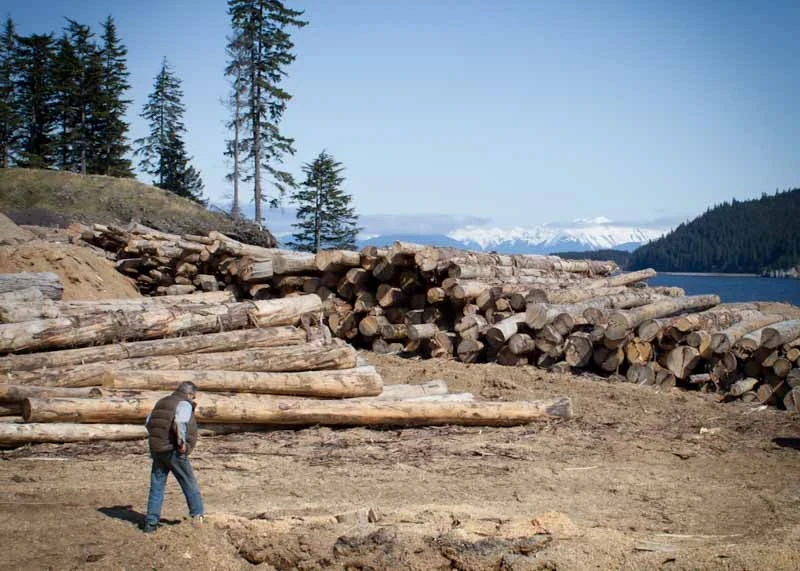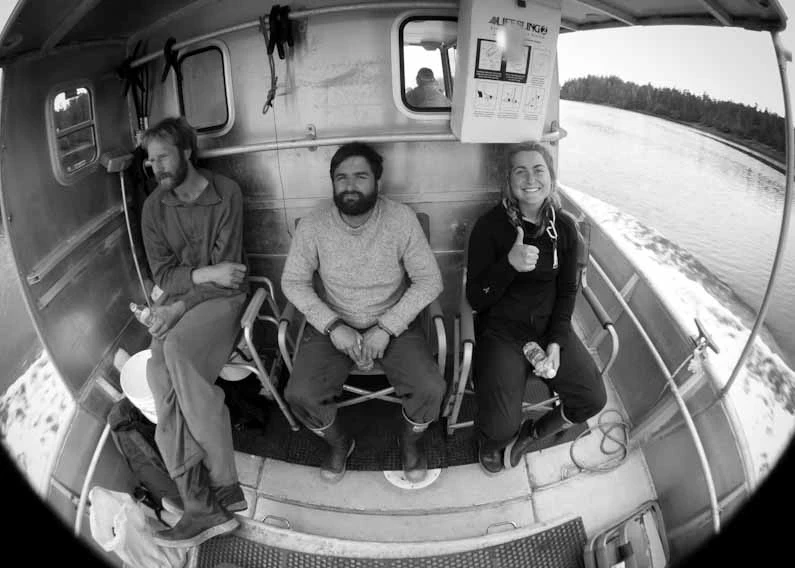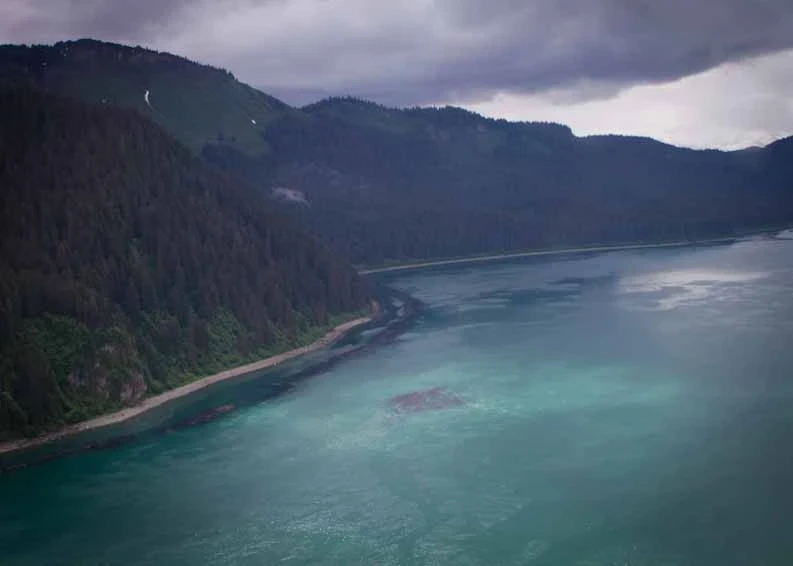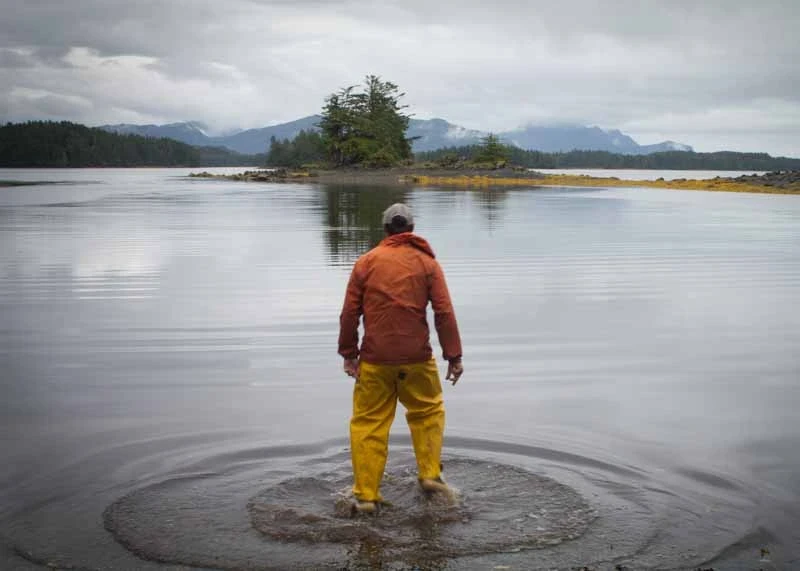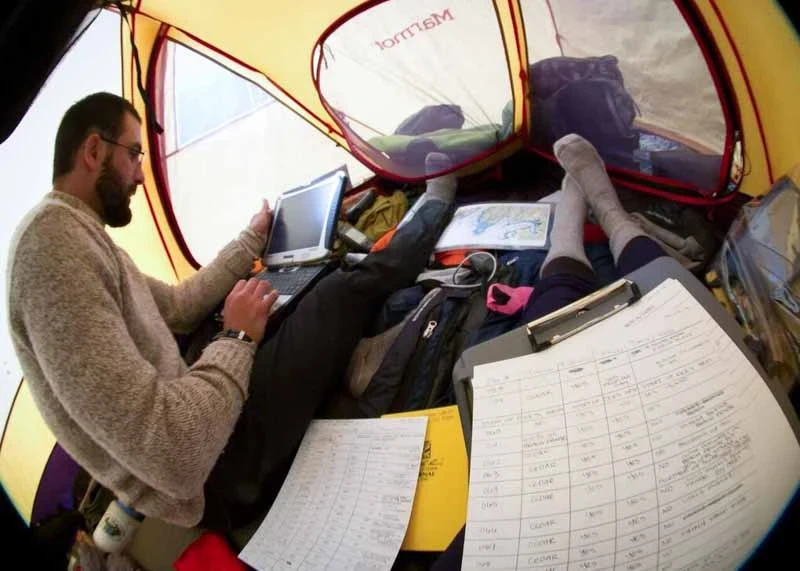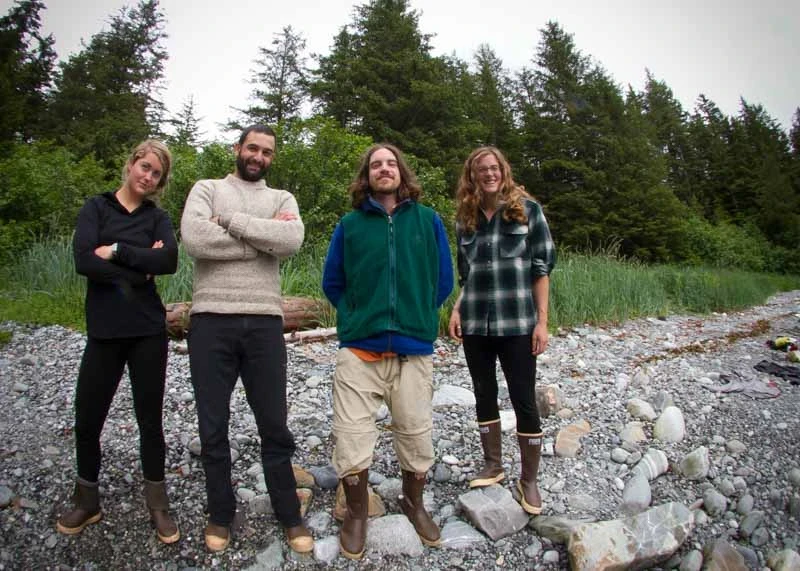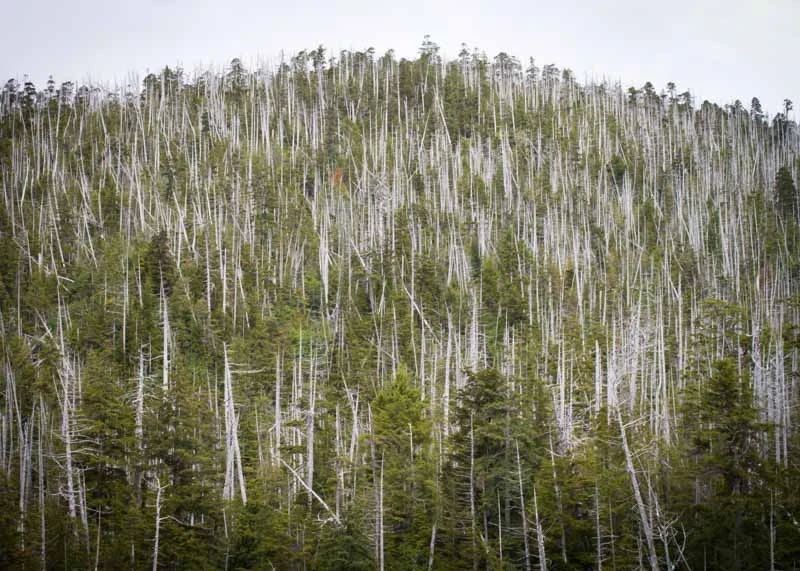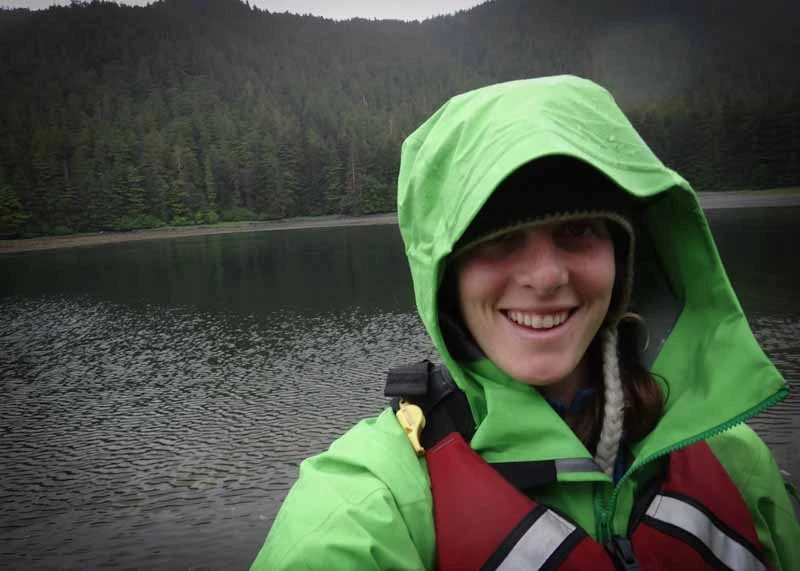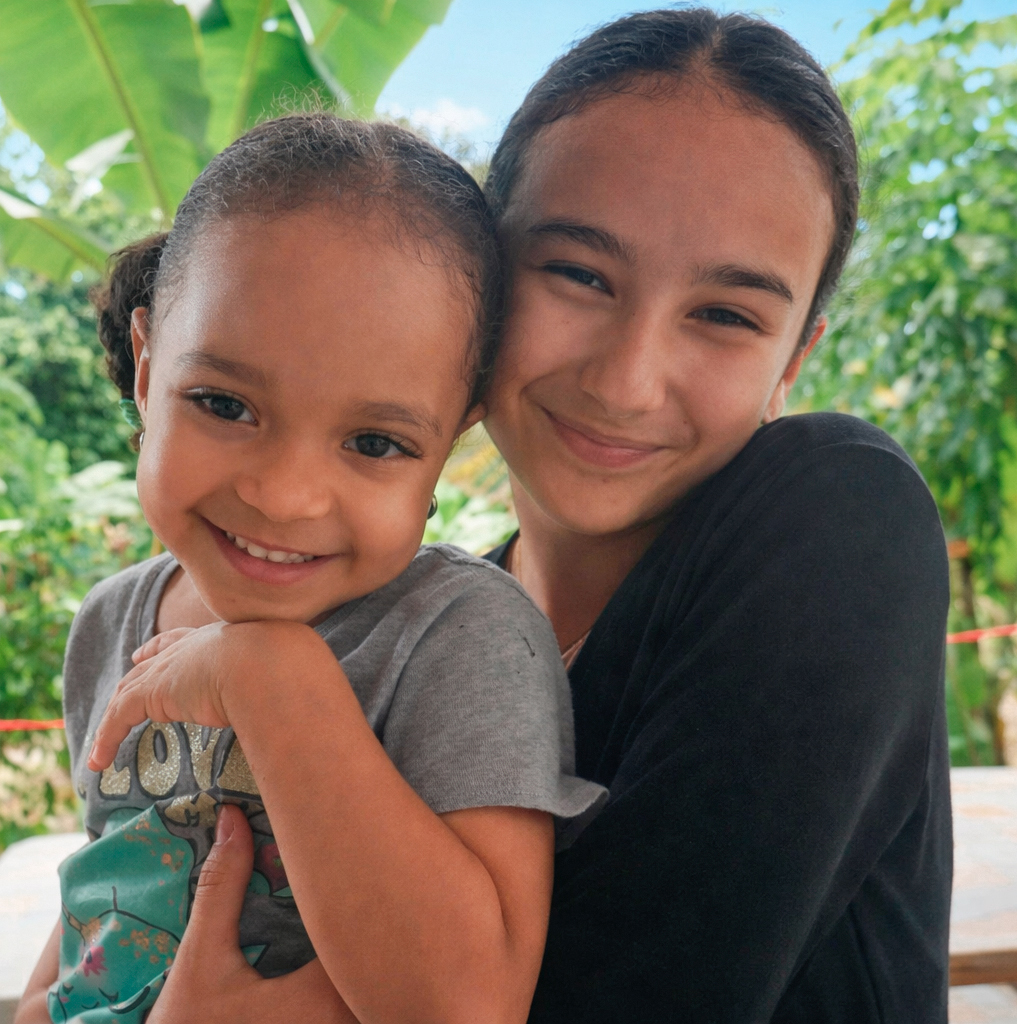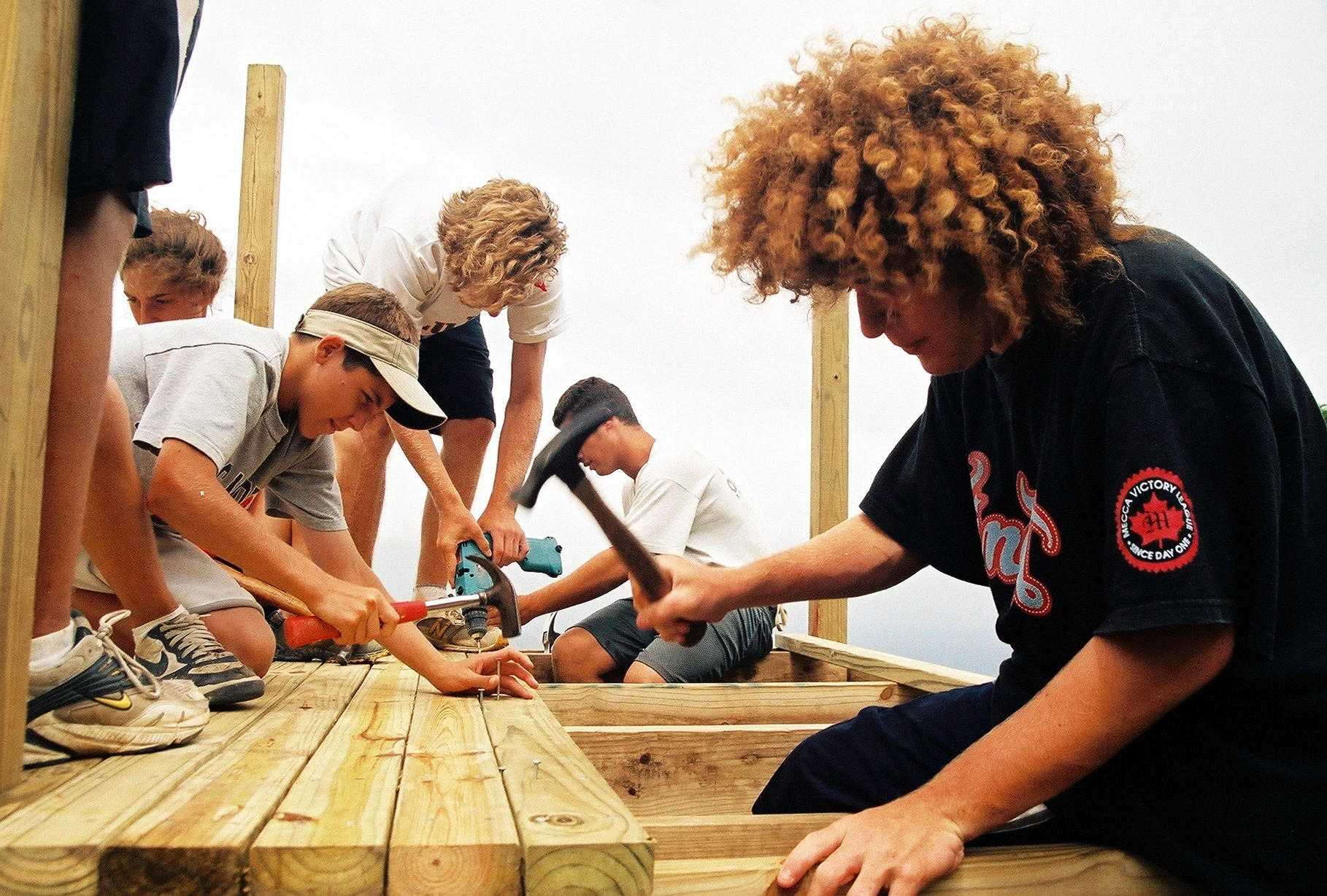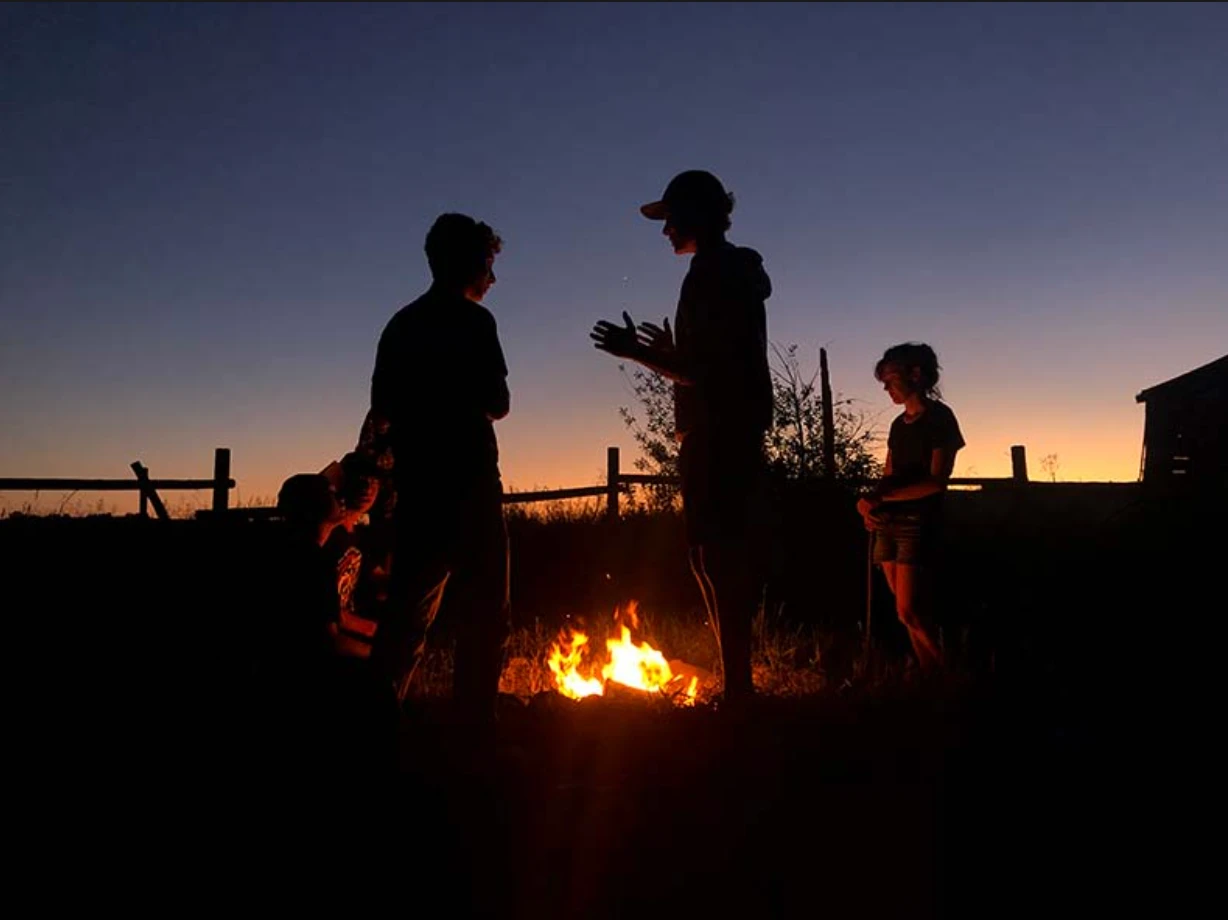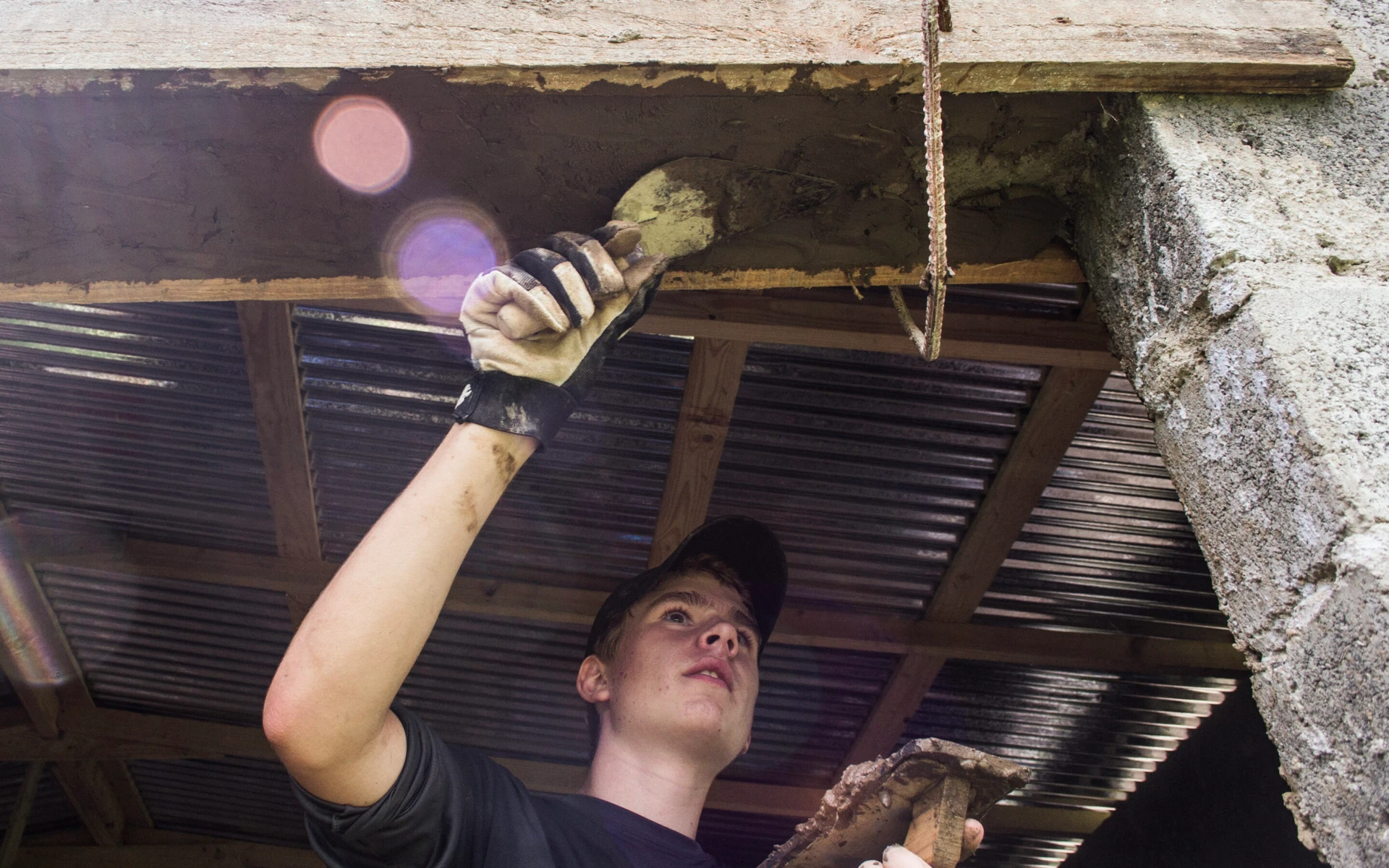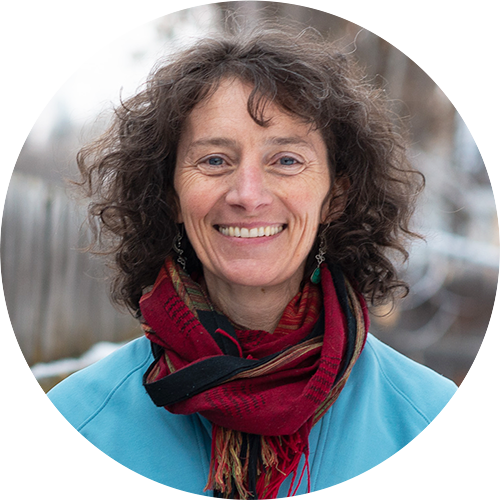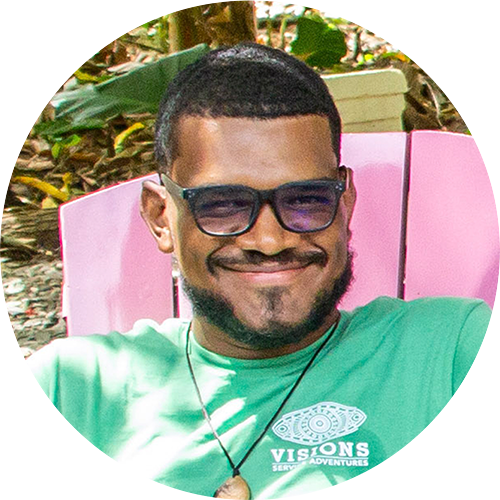Ecologist, Writer and Former VISIONS Participant
An Interview with Lauren Oakes
Ecologist, Writer and Former VISIONS Participant
An Interview with Lauren Oakes
November 2024 Update from Lauren:
At long last, my new book is here! Treekeepers: The Race for a Forested Future. Elizabeth Kolbert, Pulitzer-Prize winning author of The Sixth Extinction offers this about Treekeepers: “Can trees really save us? Oakes digs deep into the complexities of planting forests to soak up carbon. The result is a frank, probing, but ultimately hopeful book.” Jane Goodall writes, “Planting trees, protecting and restoring forests is definitely one of the ways to combat climate change. But only planting the right trees in the right places at the right time, and only restoring forests in the right way. Oakes travelled widely to gather her facts for this important and beautifully written book.”
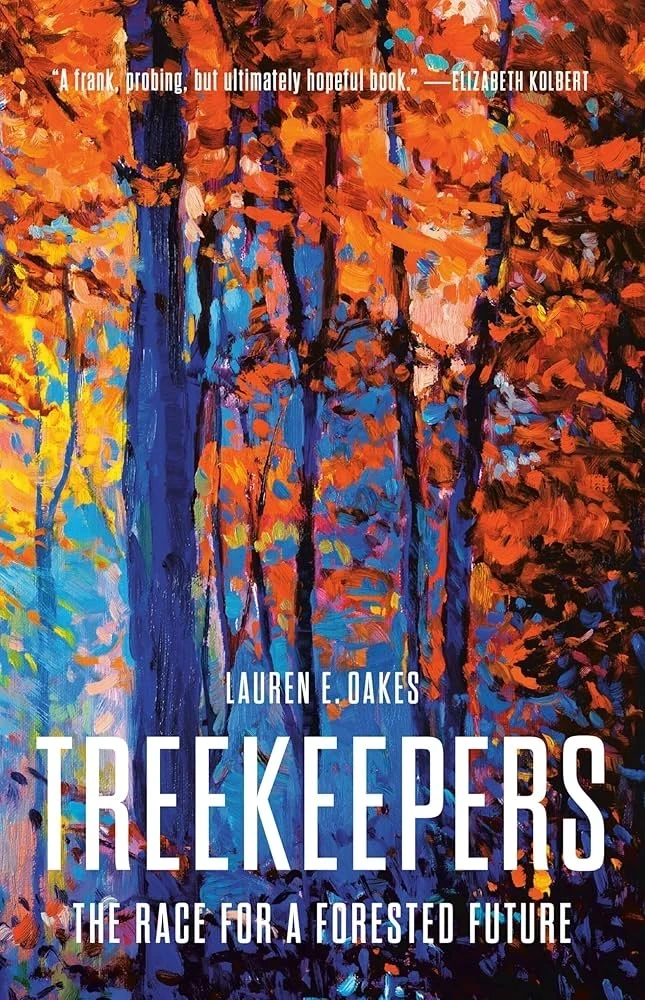
I spent four years working on this project and interviewed 150 people around the world to craft the narrative. Many people paused their pressing work in research groups, nurseries, fields and forests, companies, NGOs and governments to speak with me. Their perspectives helped shape this story, and I hope it makes a positive contribution to the wider discussion on the reforestation movement today.
VISIONS folks who would like a copy can receive a 20% discount can use the code TREES20 (before November 12th) at the Hachette site or order a signed copy through my favorite local shop: Country Bookshelf in Bozeman, Montana.
Warmly,
Lauren
The original interview below was done in 2018.
Background: Lauren Oakes (VISIONS alum ‘96 and ‘97) was an impressive participant who stood out to former Director Joanne Pinaire, and the two have been in contact on and off ever since. Lauren is now an ecologist and writer who recently released a book called The Canary Tree about her time spent in Alaska studying the impacts of climate change on the yellow cypress tree. She recently moved to Bozeman, hometown of the VISIONS office, and we caught up with her to learn about her work and how VISIONS has influenced her life’s path.
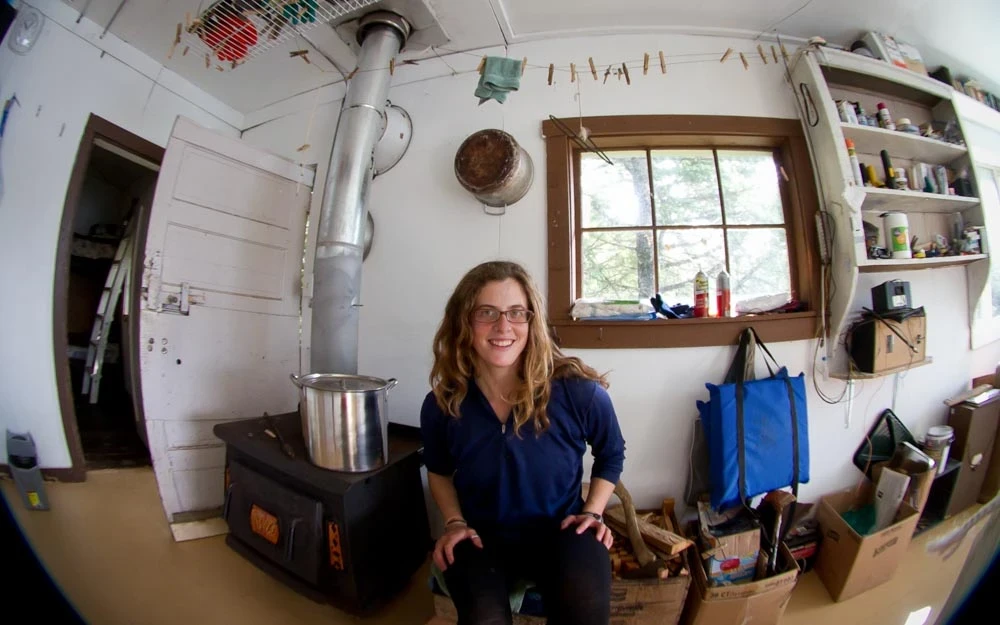
Name: Lauren E. Oakes
Hometown: Stamford, CT
Current Location: Bozeman, MT
Relationship to VISIONS: Participant on Montana Blackfeet ’96, Alaska ’97
Q: What about VISIONS initially interested you?
A: I was interested in the community service aspect and was very curious about the West. I’d heard about VISIONS and I went to my parents with a proposal — I was always writing proposals — explaining why I wanted to go to Montana for the summer… and my parents were like, “What?” (chuckles)
It ended up being the first time I went West by myself and the first time I was exposed to a different culture — working in the native communities. I ended up going back to Alaska and now I live in Montana. Both places are kind of ingrained in me. Those are some of my most vivid memories from being a teenager.
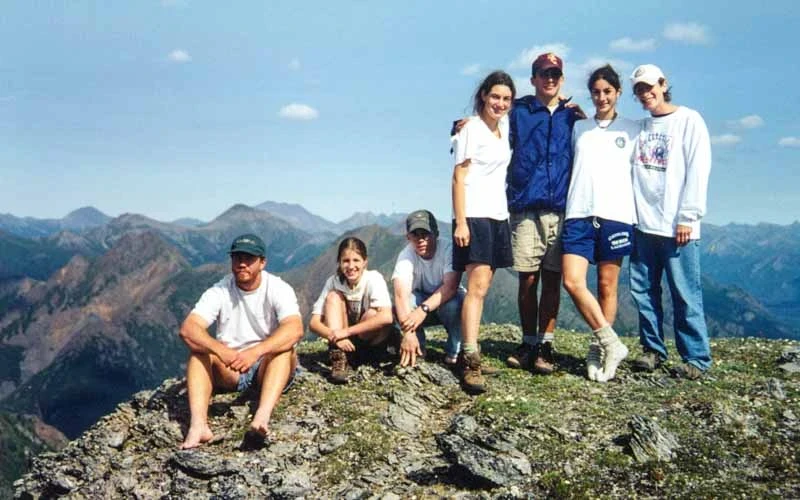
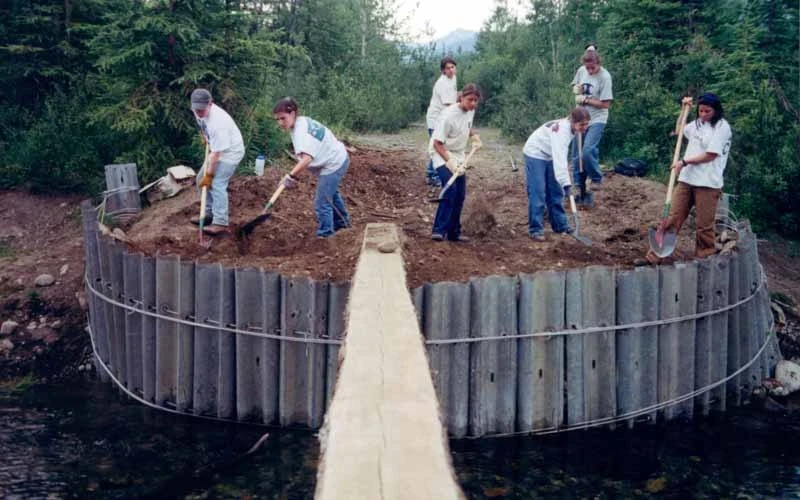
A: We moved to Bozeman in April and recently had our first child. I work for the Wildlife Conservation Society, helping to build their Climate Adaptation Program across the Americas. The program seeks to integrate climate change research into current and future conservation work.
We’re heading to Chile and Peru in April to lead workshops in adaptation, working with ecologists who are leading conservation projects but may not be considering climate change or may want to improve how they’re doing so. I also still teach workshops at Stanford University. But I really love science writing and science communication work, and I want to begin another book project.

A: Yeah! I feel like a lot of times researchers are doing their work and expect journalists to come across it. But I think if you want that work to be impactful… yes, having a good study to begin with [is important], but then there’s an element of storytelling. How do you get it out there? Over the years I’ve worked with media, written my own pieces and worked on film projects. And I mean, that’s my love. That intersection of science and communication. Figuring out how to tell [scientific discoveries] in compelling ways. That will always be my love.
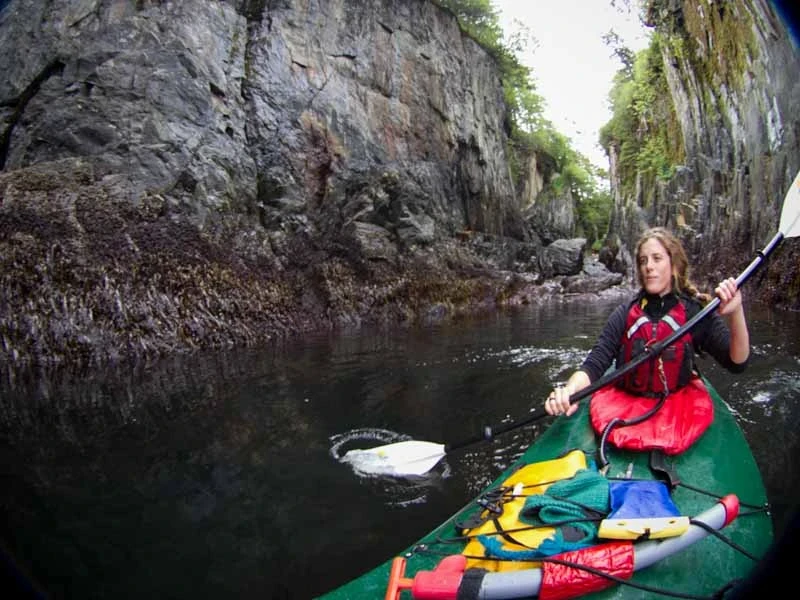
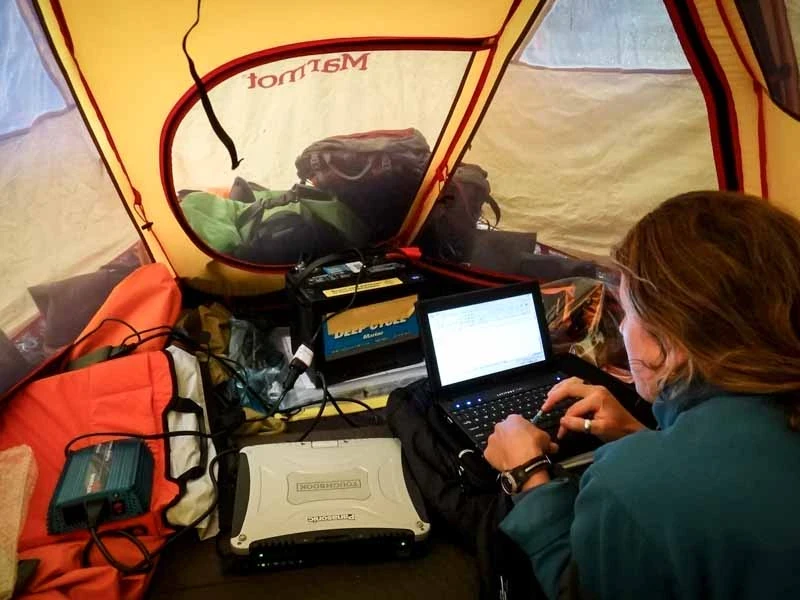
Q: What compelled you to sit down and write a book?
A: There was a distinct feeling when I finished my PhD that… I recognized finishing it wasn’t enough for me. Something felt left out, and it really was that storytelling side.
I still value the science and I enjoy doing it, but for me I’m always thinking, how do we get this out there? And if the research questions were important to begin with, then there should be people who want to know and need to know about it.
Q: How did your time on a VISIONS program influence the trajectory of your life?
A: What it cemented in me was definitely a sense of responsibility and a real awareness that our landscapes were changing. I remember seeing developments in the West and wondering what the impacts of that would be. I think it influenced what I wanted to study then in college.
I still feel, in everything I do, a responsibility. I’m very fortunate to have had a really good education along the way, and I want to use that in ways that benefit people and the environment. [VISIONS] gave me a curiosity to work in other places than where I’d grown up.
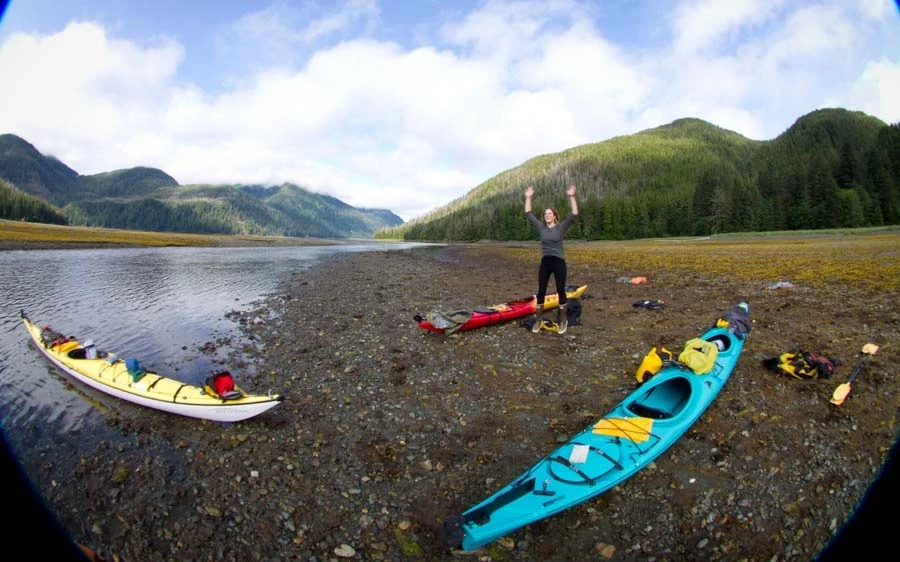
Q: What is something that makes you hopeful for the future?
A: In terms of climate change, there’s pretty clear evidence that awareness has grown, and I still believe there’s a lot we can do. We need big scale solutions for big scale problems, like climate change or deforestation, but my focus has been at the local level. We need to think about what’s happening in local communities and heavily improve local conditions and care for whatever resources we depend on. So… what gives me hope is inspiring people who are doing those things and then trying to do them myself.
Q: What do you feel is one of your greatest strengths that you have to offer the world?
A: I think the intersection of science and storytelling is an interesting skill set. Picking an issue that I think is important and telling the story in a compelling way allows for more people to be reached and motivated. And I’m pretty determined. Like if I want to do something, I kind of just decide and deal with whatever hurdles and obstacles come up. I’m not very good at quitting.
Q: What would you like to be remembered for?
A: I guess being vulnerable in what I think is important. For caring and not being afraid to articulate that.
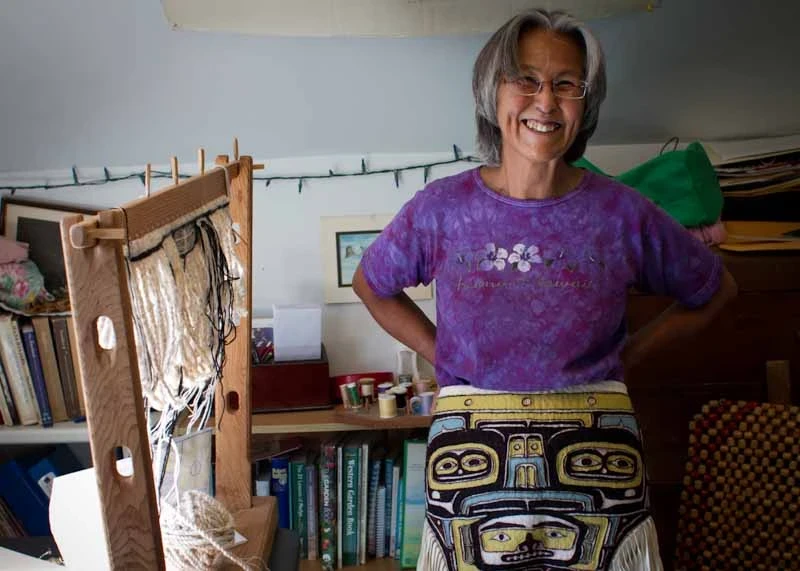
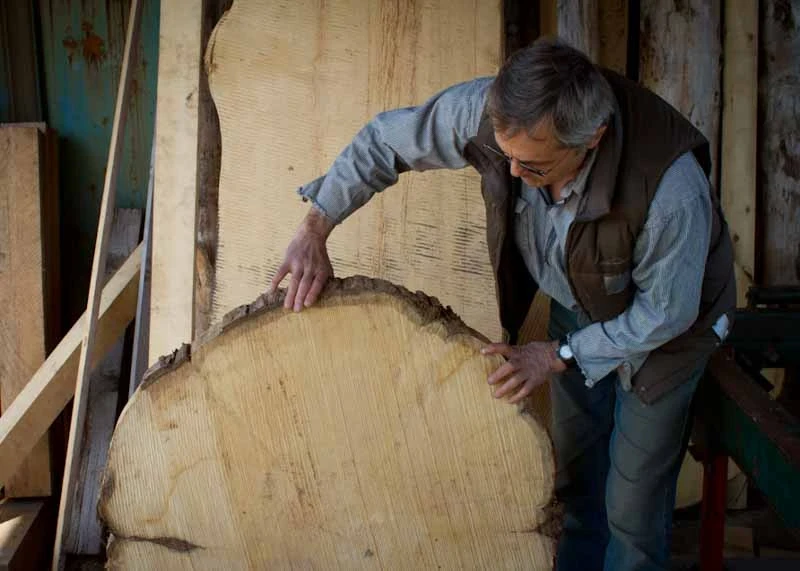
Q: What does the word community mean to you?
A: It’s defined by relationships, and we’re all giving and taking. We being people and elements of the environment. Ecologists traditionally look at a community of natural life being separate from humans, but I definitely integrate them.
Q: What would you like to say to other members of the VISIONS community?
A: It’s interesting now, having a kid. I want to see a kid who feels a sense of responsibility and takes that and runs with it. From what I’ve seen, it just feels like to act in service can be the best way of living.
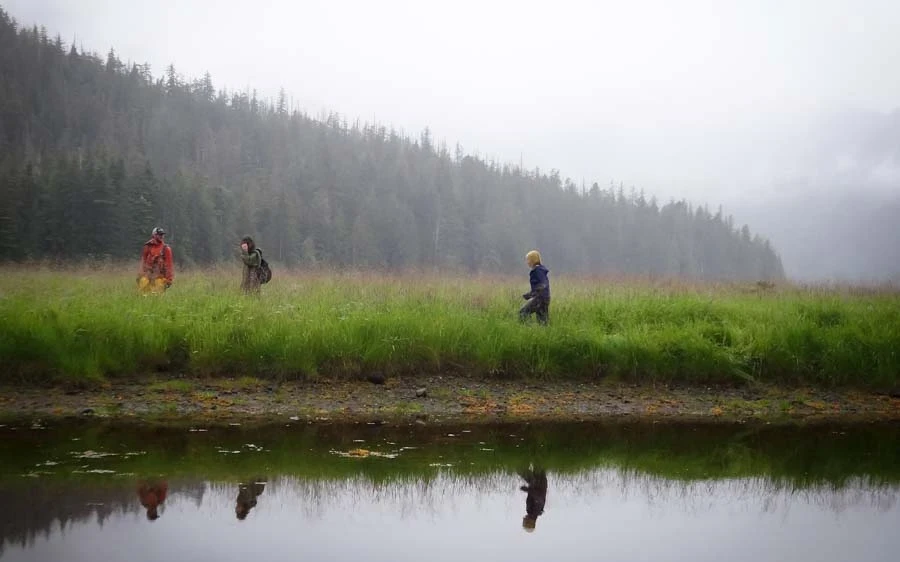
Q: What do you think about the concept of waiting to travel until you’re older versus traveling when you’re young?
A: That’s huge and I think about that a lot. I mean, I think it’s a mistake! (chuckles) I guess I’m young, but this idea of waiting until later (shakes head)…
I felt the same way about science communication. They train scientists that later in your career you’re allowed to talk about what you think should be done, and I just felt like, ‘that’s silly, I have a voice and an opinion now.’
One of the best things I did in college was to take a year off. It provided exposure to other issues and cemented in me an even deeper sense of responsibility. And I don’t think that should be later. There are so many problems now that need energy and dedication, so the earlier you can do that the better.
Just a note, though. I think of this concept less in terms of ‘travel’ and more in terms of exposure to other places, people and the inequities of environmental impacts. It’s less a feeling of ‘I want to travel there,’ and more a feeling of, ‘I’m curious what people in that place are experiencing.’
After the interview Lauren asked if she could visit our Montana Blackfeet program in July and run a brief local ecology and writing workshop. We are looking forward to hosting her for a couple days this summer, as she returns to the Blackfeet more than 20 years later!
*All images used are accredited to Lauren E. Oakes
*All images used are accredited to Lauren E. Oakes


